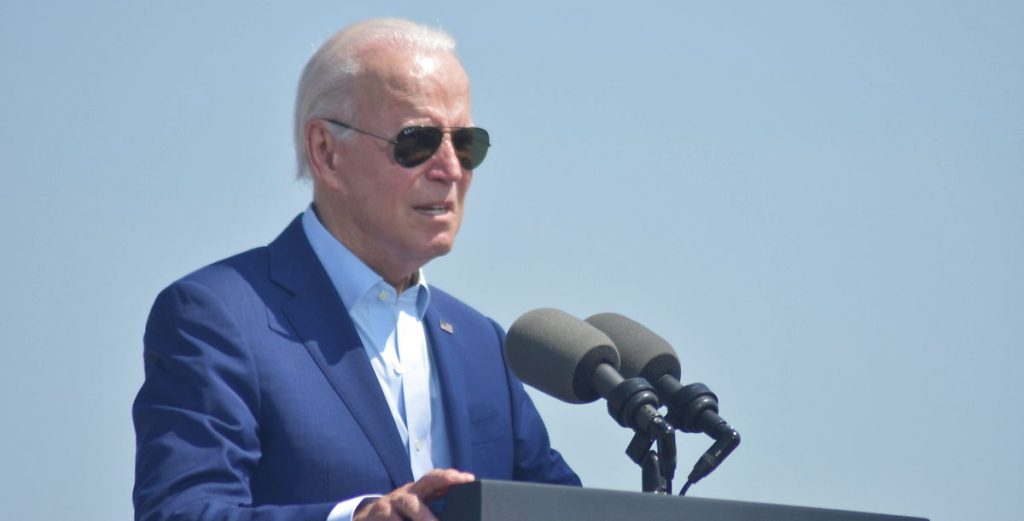Joe Biden’s risky move: Agreeing to two TV debates against Trump
Others are reading now
President Joe Biden recently announced his agreement to participate in two TV debates with Donald Trump, the presumptive Republican nominee.
The debates are set for June 27th and September 10th. Trump accepted an additional invitation to debate on Fox News on October 2nd, but Biden’s team has declined this offer.
Biden’s decision to engage in these debates comes with specific conditions. The debates must take place before early voting starts and must be conducted without an audience.
These stipulations aim to limit Trump’s ability to make unchallenged, bombastic statements.
Additionally, Biden chose not to work with the Nonpartisan Commission on Presidential Debates, which has organized presidential debates since 1988, due to dissatisfaction with the chaotic nature of past debates.
Also read
As reported by Macroticker, this strategic move is designed to give Biden more control over the debate environment. The absence of a live audience is expected to make it more difficult for Trump to rely on his confrontational style that typically energizes his base.
Historically, televised debates have been a strong suit for Trump. His aggressive approach and ability to provoke reactions have often worked to his advantage.
Biden’s team likely spent considerable time weighing the risks and benefits of participating in these debates. The decision indicates a calculated risk, aiming to showcase Biden’s cognitive capabilities amid ongoing voter concerns about his age and health.
To prepare for the debates, Biden has enlisted the help of Ron Klain, a seasoned debate strategist and former chief of staff. Klain played a crucial role in Biden’s successful 2020 campaign and is known for his expertise in political debates. His involvement signals the importance Biden’s team places on thorough preparation to counter Trump’s aggressive tactics.
While the debates present a significant opportunity for Biden to demonstrate his competence, they also pose considerable risks. The modern electorate’s short attention spans and entrenched political biases mean that the debates may not significantly sway voter opinions. Additionally, the airing of the debates on CNN might deter Republican viewers from tuning in, further limiting their impact.
Also read
The timing of the first debate, five months before the election, also raises questions about its potential influence.
A lot can happen in the political landscape within that time frame, potentially diminishing the relevance of the debates. Both campaigns are likely to reassess their strategies based on the outcomes of the initial debate and could cancel subsequent debates if they prove unsatisfactory.
Biden’s decision to debate Trump is a high-stakes gamble. It offers a platform to address voter concerns directly but also exposes him to potential pitfalls.


